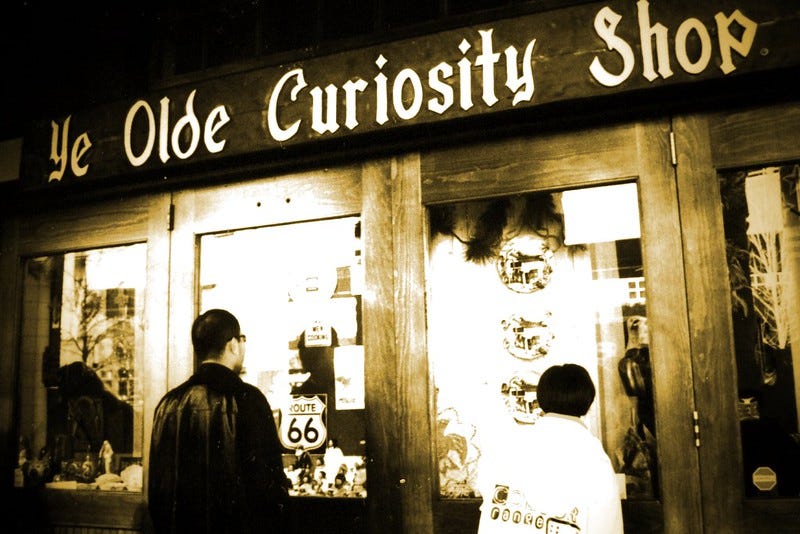Curiosity Is Your Personal R&D
TAoN No. 72(a): The case for being childish. PLUS: Yes, it's time to subscribe! :)
Reminder! The Art of Noticing newsletter is expanding! Become a paid subscriber to keep enjoying all the fun and useful new additions: $5 a month, or $50 annually. All details here. Your support is deeply appreciated. Monday posts will continue as always but after today, the Thursday posts — like this one — will be for paid subscribers only!
[nick] on F…
Keep reading with a 7-day free trial
Subscribe to The Art of Noticing to keep reading this post and get 7 days of free access to the full post archives.


